Situated in northern Kutch in Gujarat, the Banni grasslands lie on the border dividing India and Pakistan. It is home to diverse communities; while Muslim pastoralists form the majority, one also finds Dalit Hindus, and a community that is neither Hindu nor Muslim. Banni’s people, have for centuries, moved freely between Sindh (Pakistan) and Kutch (India)—a reason why, perhaps, the Indo-Pak border has not been able to produce a sense of bounded citizenship in them. While still referring to ‘Sindh’ as their homeland, they recognise Gujarat as their governing regime. These two experiences of belonging give rise to the cultural imaginary of Banni.
Memories and Movements is an ethnographic account of present-day Banni society, where the rhetoric of ‘change and development’ have made inroads quietly but surely. Poised on the brink of socio-economic transformation, it hosts huge tourist populations for a few months every year. The result is an immense demand for its distinct products and services such as its handicrafts and music.
The labour of its women feeds the embroidery industry in Banni. Kothari raises poignant questions, among others, about the position of Banni’s women: Do the handicraft industries give women more freedom and self-determination? Or do they entrench gender-inequality further?
The author also tells the story of the entrepreneurial success and resultant social mobility of a hitherto ‘untouchable’ community. In presenting a picture of Banni’s complex, tiered society, she shows how its people navigate social borders on an everyday basis and transcend territorial borders through memory, song and story. In her insightful foreword to this volume, Urvashi Butalia highlights how Kothari’s ‘questioning of the very notions of region and nation’ is ‘remarkably free of jargon, and yet deeply informed by theory’.

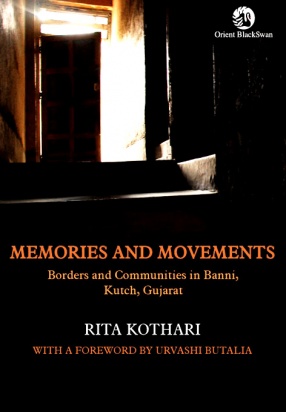
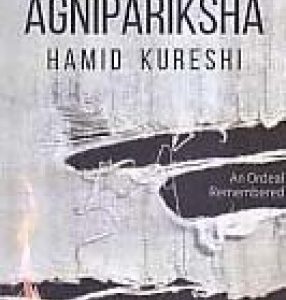
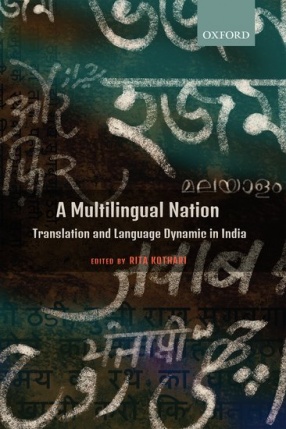
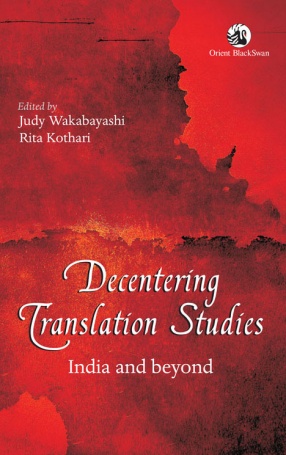
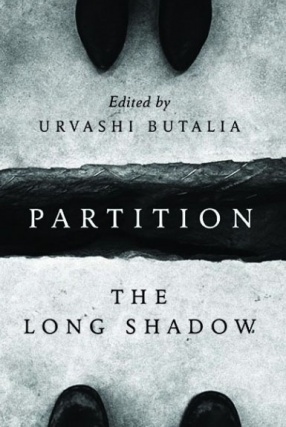
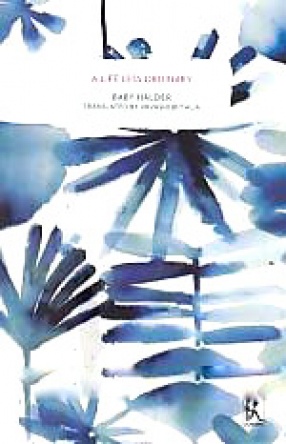
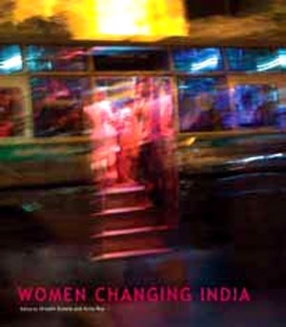
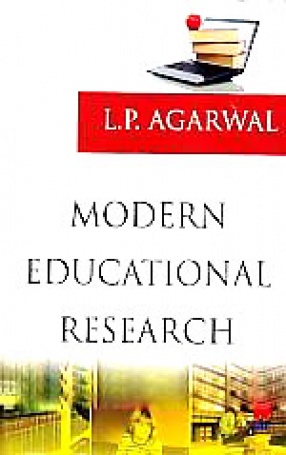
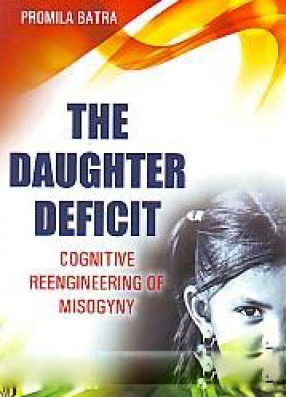
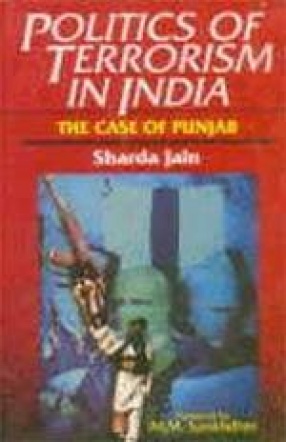
There are no reviews yet.